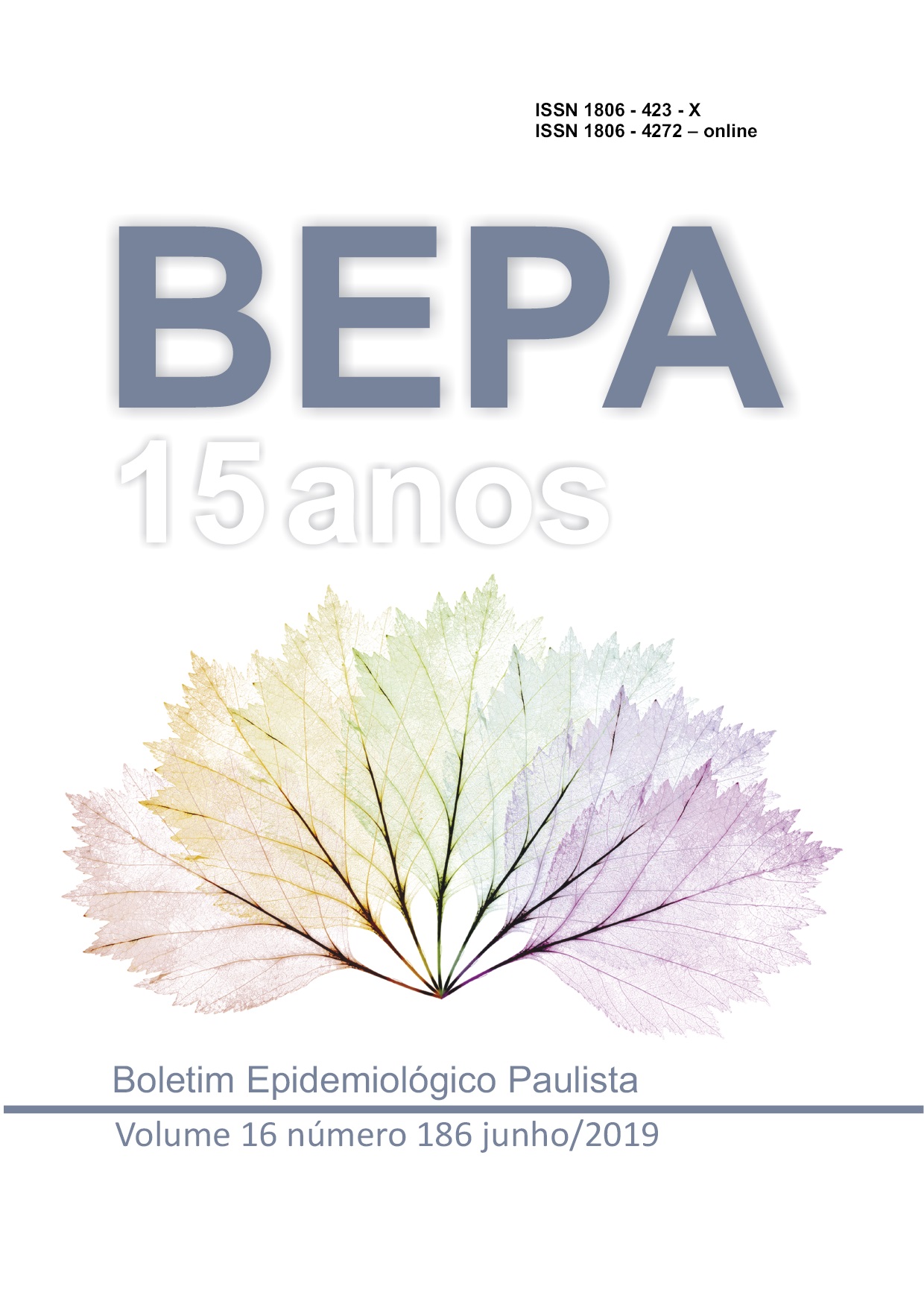Abstract
Klebsiella pneumoniae producing ESBLs are frequently involved in hospital infections in intensive
care unit (ICU). ESBLs are capable of hydrolyzing all penicillins, cephalosporins and aztreonam.
Carbapenems are considered the agents of choice for treatment of infections caused by ESBLproducing microorganisms. However, Klebsiella spp. producing carbapenemases has become more
frequent. Moreover, K. pneumoniae producing 16S RMTase, RmtD, which confers high level
resistance to aminoglycosides, have been described in Brazil, limiting the therapeutical options.
The aim of this study was to characterize resistance genes responsible to the production of ESBL,
carbapenemases and 16S RMTases and their genetic context in Klebsiella spp. producing KPC
from hospitals at Sao Paulo State. A hundred K. pneumoniae strains isolated in the period of 2009
and 2011 and previously confirmed as KPC producers were subjected to PCR for the detection
of blaSHV, blaTEM, blaCTX-M, blaCTX-M-15, blaCTX-M-2, blaCTX-M-8, blaGES-1, blaVIM,
blaIMP, blaSPM, blaNDM, blaOXA-48, armA, rmtA, rmtB rmtC e rmtD and DNA sequencing.
Identification of Klebsiella spp. by biochemical tests, detection of blaSHV, blaLEN e blaOKP
genes by Multiplex PCR and 16S rRNA gene and rpoB sequencing was performed on blaSHV
negative isolates. Transformation and genomic cloning were performed for the identification of
a new aminoglycosides resistance gene. Sequencing of plasmids carrying 16S RMTases genes
was performed. All strains showed high resistance levels for most antibiotics tested. Our results
showed a positivity of 80% for blaCTX-M (61 CTX-M-15, 7 CTX-M-2, 2, 7%7 CTX- M-8 and 1
CTX-M-35). Co-production of CTX-M-2 e CTX-M-15 was observed in two strains and CTX-M-8
and CTX-M-59 co-production were also found in two strains. The presence of blaTEM-1 was
observed in 26% of the strains. blaSHV were observed in 97% of the strains (89 SHV-11, 1 SHV1, 3 SHV-110 and 4 SHV-12). All Klebsiella spp. were characterized as KPC-2 producers. Of the
three blaSHV negative strains, 2 were confirmed as K. quasipneumoniae subsp. similipneumoniae
and 1 was confirmed as K. variicola. Three isolates were positive for RmtD and a new 16S rRNA
methylase, found in 4 strains, was characterized and denominated as RmtG. Sequencing of
plasmids bearing 16S rRNA methyltransferases genes showed an association with genetic mobile
elements such as ISCR2 and IS26. Identification of resistance mechanisms in multidrug-resistant
K. pneumoniae isolates will contribute in the implementation of effective measures in the hospitals
to contain the dissemination of these microrganisms.

This work is licensed under a Creative Commons Attribution 4.0 International License.
Copyright (c) 2022 Maria Fernanda Campagnari Bueno, Yohei Doi, Doroti de Oliveira Garcia (orientadora)
